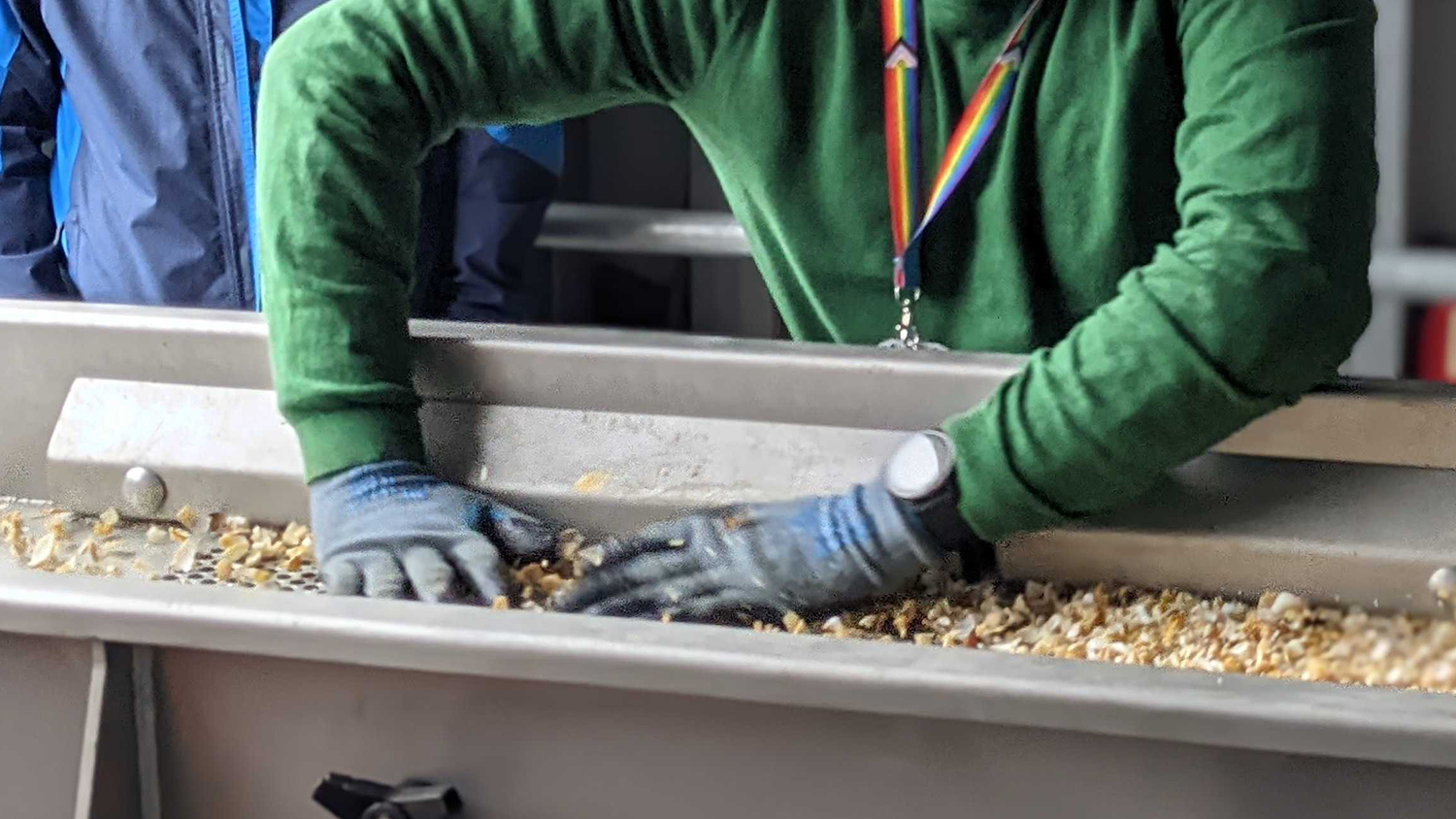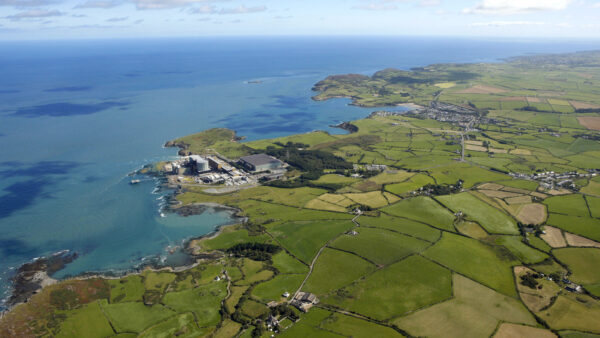
A community site in Blackpool will become the first project in the UK to use permeable concrete developed from seashells.
LeftCoast’s Bostonway Community Garden project will use the product to create “a porous paradise in Blackpool”.
A team led by Professor Karl Williams at the University of Central Lancashire (UCLan) developed a sustainable and pervious concrete using whelk and scallop shells sourced at Fleetwood.
The shellfish material can also replace other aggregates to reduce and preserve non-renewable components.
The research was part of the three-year CIRCLE Project, a European Regional Development Interreg-funded scheme.
UCLan partnered with Builders for Society École D’ingénieurs in Caen, France, to create the pervious seashell concrete, which can be used in urban settings such as footways and cycle paths, and is already being used on the Velo 3 cycle route in the Somme region of France.
Lower carbon footprint
UCLan’s mechanical and hydrological tests have proven that the seashell concrete meets UK standards on strength and permeability. In addition, the university’s lifecycle assessment has confirmed it has a lower carbon footprint compared to conventional concrete and asphalt.
UCLan approached LeftCoast to test the concrete at Bostonway Community Garden as an eco-friendly alternative to traditional concrete.
Tina Redford, LeftCoast’s artistic director, said: “When we designed our garden with Bostonway residents and Myerscough College, our mission was clear: to co-create a green space that was accessible for the elderly residents living in the area. The pervious concrete absolutely enables this.
“Wheelchairs and zimmer frames can move freely around the garden without limitations, while the concrete provides excellent environmental benefits.
“This is a natural and clever technology that has worked successfully in France. Now we need to really test it and subject the concrete to the weather in Blackpool!”











